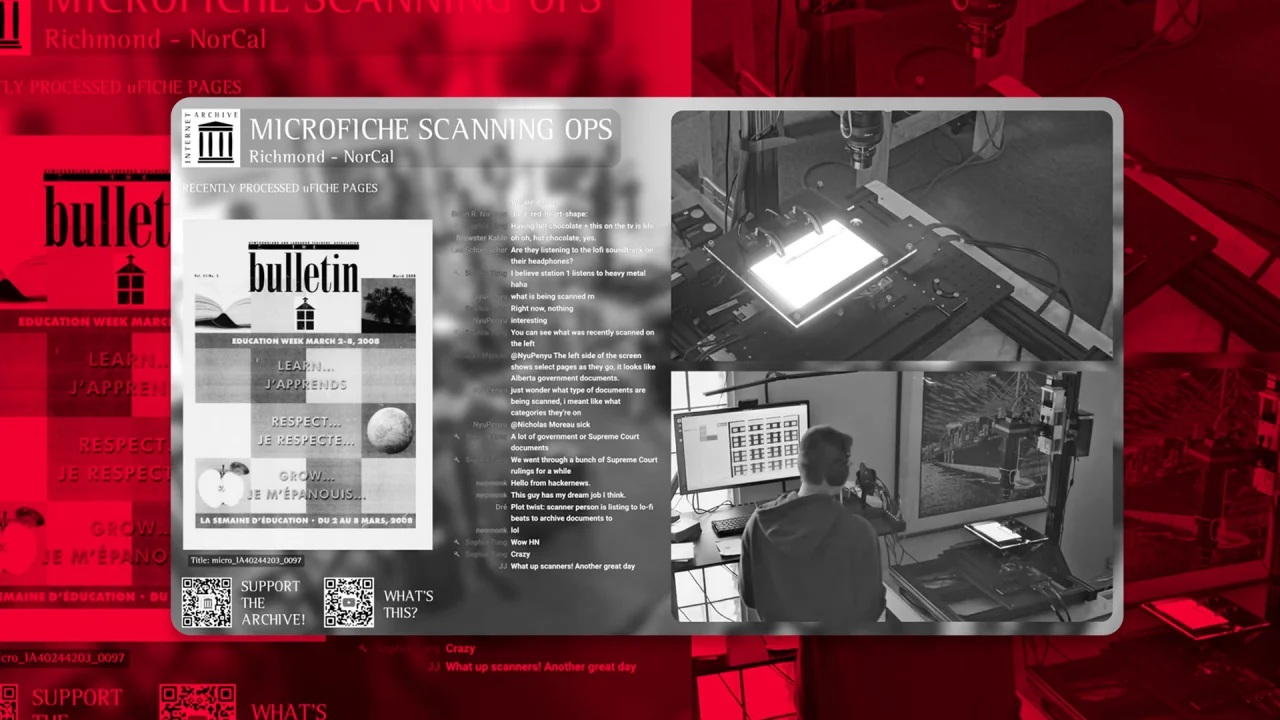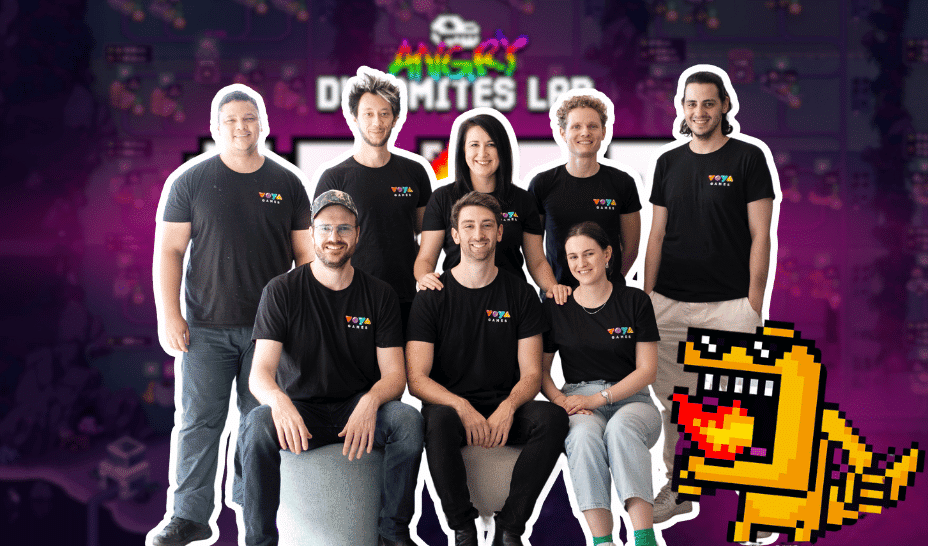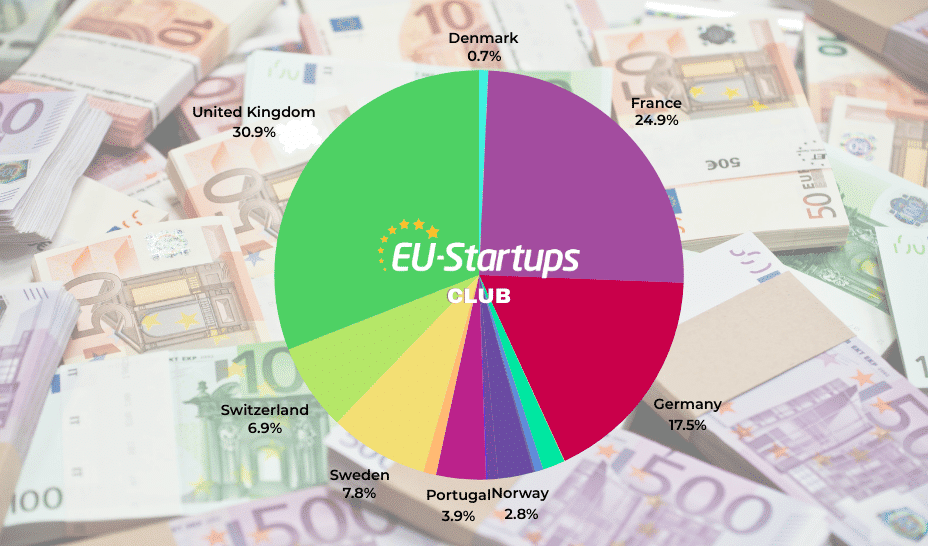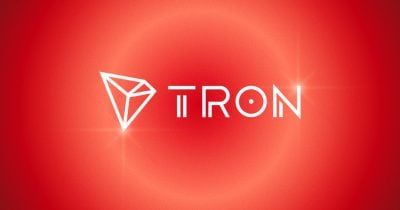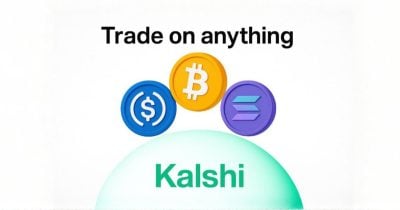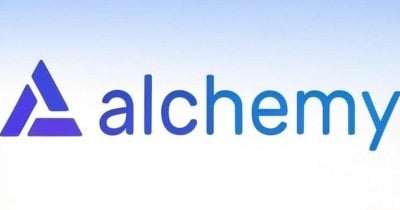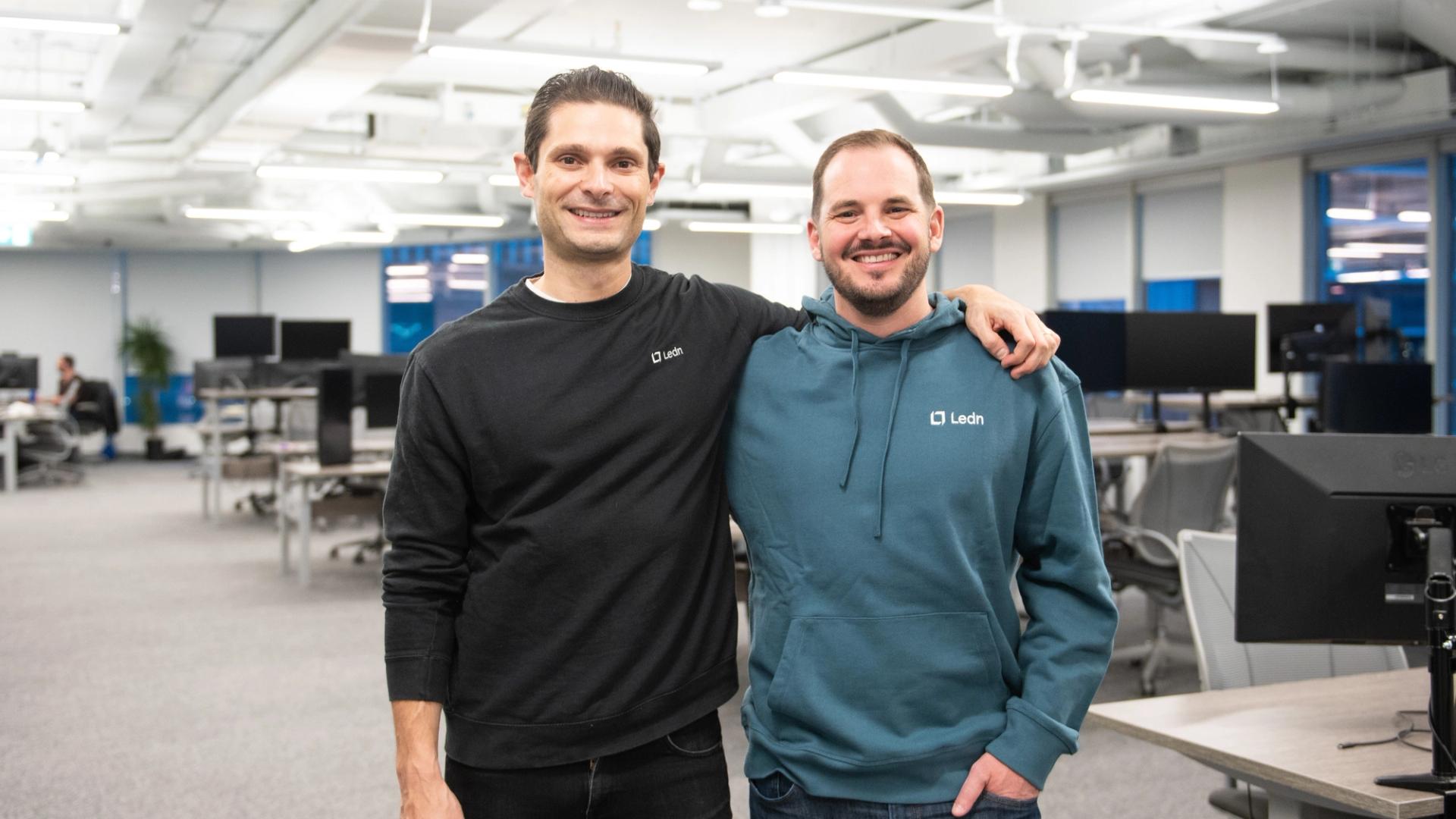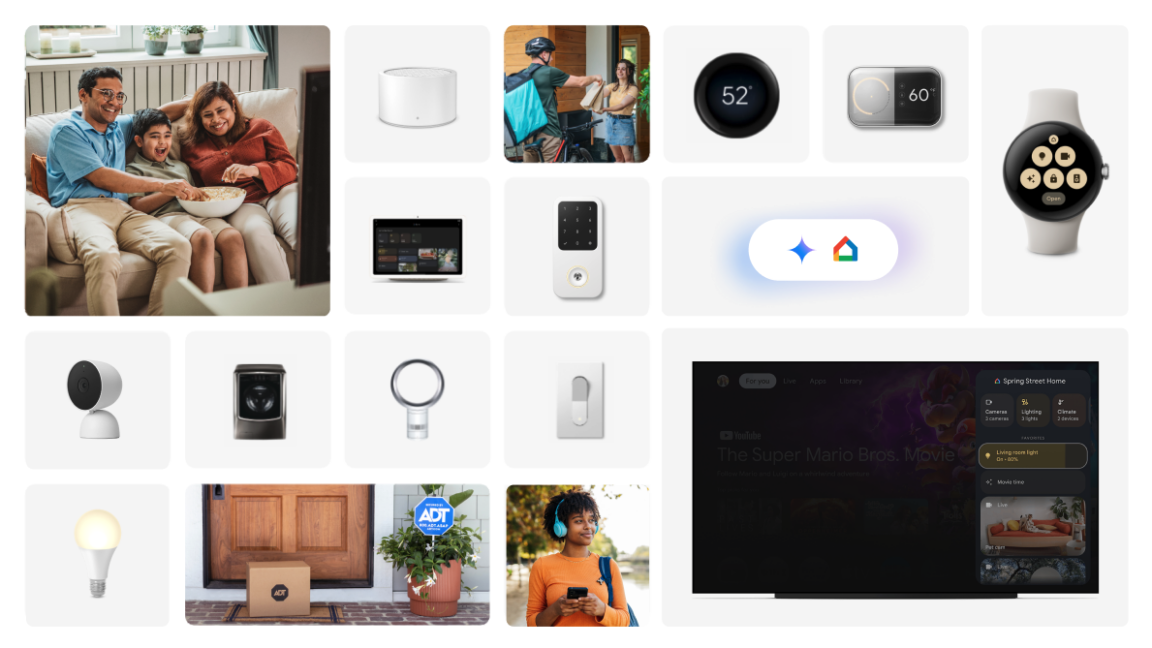GUVI is breaking language barriers in tech with vernacular coding courses
Chennai-based GUVI specialises in offering technology and programming courses in regional languages. With a portfolio of around 600 courses, it has served approximately 2.4 million students.


(Grab Your Vernacular Imprint), a startup based in Chennai, is imagining a world where tech talent isn’t dependent on English skills.
This vernacular-first strategy has proven particularly effective for first-generation college students from non-metro areas.
“When you eliminate the struggle of understanding the medium, learners can actually focus on understanding the concept. That’s a major cognitive shift,” founder and CEO Arun Prakash tells YourStory.
From YouTube tutorials to full-time commitment
The foundation of GUVI dates back to 2011 when Arun Prakash, then a software engineer at PayPal, visited his alma mater in Madurai. “Students were still being trained on outdated tools and programming languages. It was almost as if time had stood still since I graduated. That triggered something in me—I felt responsible to do something,” recalls Arun.
He began recording short coding tutorials in Tamil, often blending technical English terms. These videos, uploaded to YouTube under the ‘GUVI’ banner, attracted unexpected attention.
“People started messaging me from not just Tamil Nadu, but from Malaysia, Singapore, and even the Middle East, saying that this was the first time they were able to truly understand coding,” he shares. The feedback revealed an unmet demand for tech education in regional languages.
Despite the encouraging response, GUVI remained a side project for several years. Arun registered the platform in 2012 while continuing his full-time job. It wasn't until 2017 that he committed to GUVI full-time, joined by his wife Sridevi Arunprakash, who became the platform’s first employee, and PayPal colleague Bala Murugan SP.
The trio bootstrapped the initial operations with a personal investment of around Rs 10 lakh, with Sridevi managing operations, content reviews, and voiceovers in the early phase.
Beyond translation: The transcreation model
Chennai-based GUVI’s courses are designed and delivered by a blend of in-house educators, linguistic experts, and active industry professionals. The content follows a layered language strategy that integrates native languages with technical English, using a ‘transcreation’ approach to make learning culturally and contextually relevant—particularly for first-generation and non-metro learners.
“It’s not about dubbing; it’s about making content make sense within a learner’s world,” says Arun.
When teaching a concept like ‘for loop,’ GUVI retains the English term for industry familiarity but explains it in the learner’s native language, such as Tamil, using relatable analogies like taking attendance. “This transcreation adapts both words and context, embedding technical ideas in everyday scenarios. By layering native language with key English terms, we helps first-generation and non-metro learners grasp and apply complex concepts more easily,” he adds.
GUVI currently offers structured self-paced and live courses across 16 languages—11 Indian languages such as Tamil, Hindi, Telugu, Marathi, Bengali, and Kannada, along with five international languages including Arabic and Malay.
The platform has developed over 600 self-paced modules in fields such as Python, Java, full-stack development, artificial intelligence, data science, cybersecurity, digital marketing, and emerging technologies like semiconductors and generative AI.
The course designers include technical educators in domains like Python, AI, data science, and cybersecurity, as well as language specialists who localise content in 16 languages.
Tutors are practicing professionals who conduct live sessions, mentor learners on hands-on projects, and ensure the curriculum remains aligned with evolving industry trends such as generative AI and semiconductors.
Dual engine of growth
GUVI operates on a hybrid B2C and B2B business model. On the B2C side, it provides self-paced and instructor-led courses priced from Rs 500 to Rs 1.5 lakh. These offerings are targeted at both working professionals and students looking to improve their employment prospects.
The B2B segment includes partnerships with enterprises such as TCS, Deloitte, Tech Mahindra, and KPMG, through which GUVI delivers upskilling programs, compliance training, and certifications. As an SAP Sell partner, the platform is also investing in governance, risk, and compliance (GRC) training for enterprise clients.
Its current user base is approximately 2.4 million.
Furthering its institutional reach, GUVI has collaborated with government platforms like Swayam Plus to enable credit-bearing learning and is also working with universities to integrate its courses into academic credit and placement frameworks.
As of FY24, GUVI reported annual revenues of approximately Rs 15 crore and is targeting Rs 70 crore by FY25. The platform is preparing for an SME IPO between FY26 and FY27.
“We’ve started putting in place systems and governance frameworks. The IPO will help institutionalise our structure and allow long-term planning,” says Arun.
Learner demographics and global expansion
GUVI’s learner base is primarily composed of working professionals, who make up about 60% of users, followed by students who account for 30–40%.
The startup is now looking to expand globally by entering markets like the Middle East and Australia through partnerships. “We don’t own the P&L in those geographies. Local partners manage business operations while we provide the content, platform infrastructure, and delivery systems,” Arun explains.
Over the next two years, GUVI plans to enter additional Asian and Gulf markets.
Resilience and challenges
Despite its growth, GUVI has faced multiple challenges. One of the most persistent is the societal bias linking intelligence with English fluency.
“Many still believe that if you don’t speak English, you’re not smart enough for tech. This mindset extended beyond individual learners, affecting institutions and employers as well,” says Arun.
The platform also endured a personal and operational setback in 2020 with the passing of co-founder Sridevi Arunprakash. “She was the backbone of our operations. After her loss, rebuilding internal systems while maintaining continuity was incredibly difficult,” he reflects.
Externally, the platform has had to navigate industry fluctuations, such as hiring slowdowns and evolving tech demands. GUVI has stayed agile by updating its curriculum in high-demand areas like semiconductors and generative AI, and by ensuring mentors are active industry practitioners to maintain practical relevance.
India's coding and marking market is projected to see a CAGR of 9.87% from 2025-2032, with a value of $327.64 million in 2024 and a revenue of $700.22 million by 2032, according to INKWOOD research.
“Our journey is not just about language or content. It’s about creating access—access that’s authentic, relatable, and transformative,” Arun concludes.
Edited by Affirunisa Kankudti




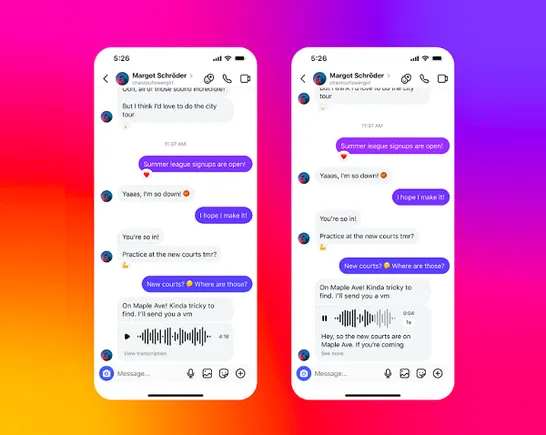
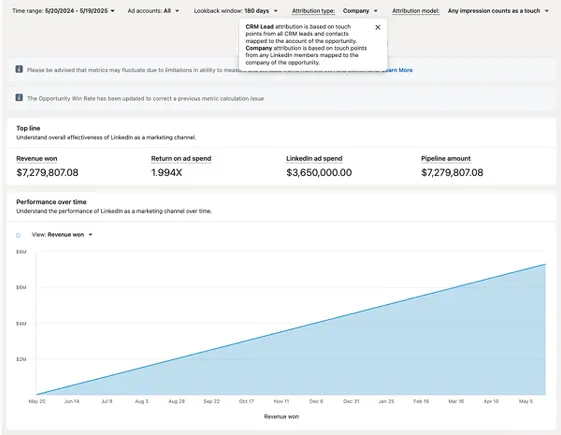








.png)
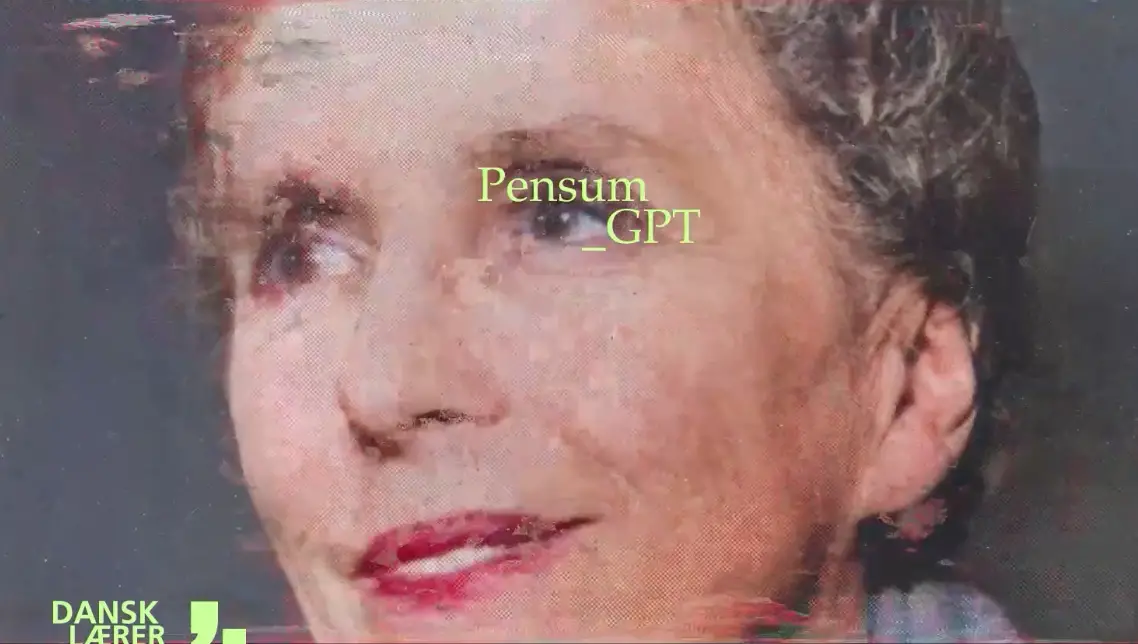


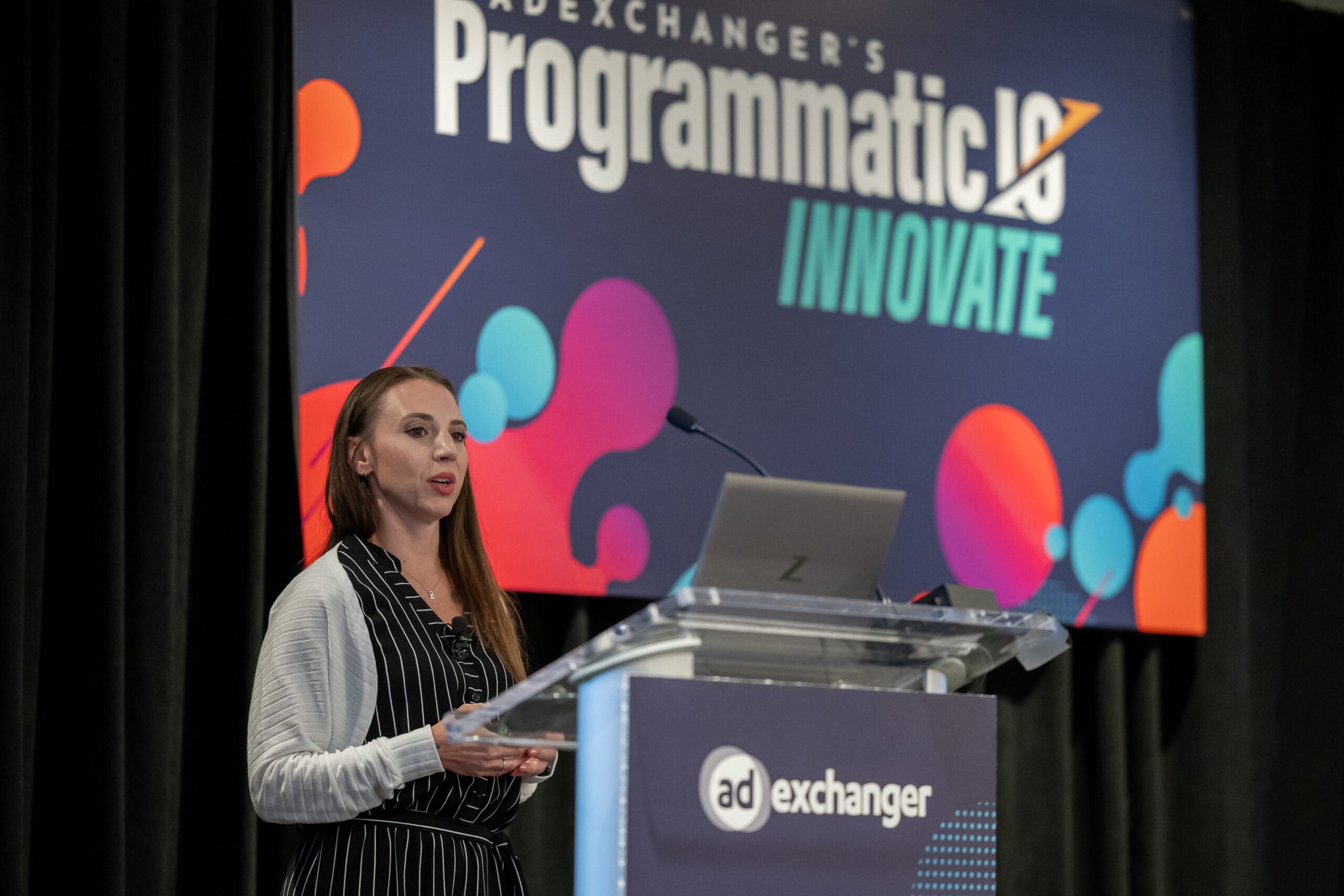











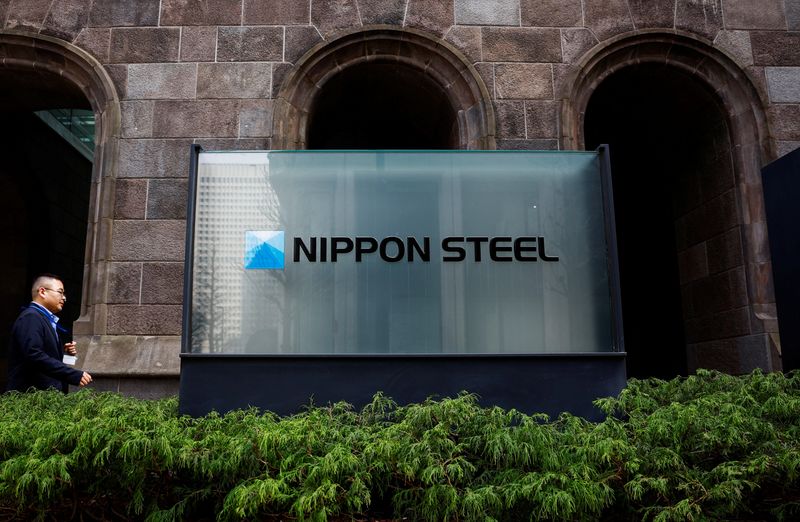




















![[Weekly funding roundup May 17-23] VC inflow remains steady](https://images.yourstory.com/cs/2/220356402d6d11e9aa979329348d4c3e/Weekly-funding-1741961216560.jpg)










